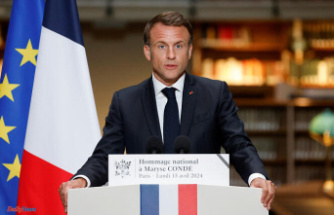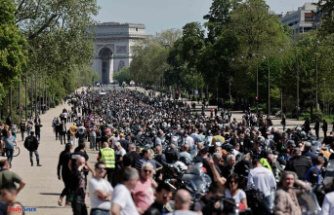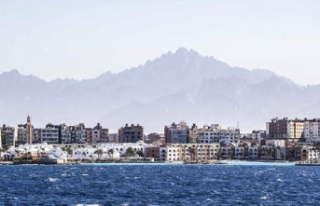The working conditions for migrants in Qatar have long been considered catastrophic - until the government in the emirate implements reforms. However, Amnesty International now speaks of a "slackening of reform progress". Violations of labor law usually have no consequences.
A few months before the start of the soccer World Cup in Qatar, the human rights organization Amnesty International noted alarming developments with regard to the working conditions for migrants. After the Qatari government had pushed through to far-reaching reforms in the area of labor legislation in the past, there was a "decrease in reform progress" in 2021.
According to a statement by Amnesty International before the public hearing of the Bundestag sports committee on the World Cup, "the inaction of the Qatari government has even reversed progress that has already been made". "There is increasing resistance to the reforms within the Qatari economy for fear of losing influence and profit opportunities," it said.
Violations of labor law therefore generally remain unpunished and without consequences. According to Amnesty International, in a study of working conditions in the private security industry, working conditions in six out of eight companies examined correspond to forced labour. Also, in 2021, up to 70 percent of all migrant worker deaths were not adequately investigated.
The rich emirate is repeatedly criticized internationally for the exploitation of workers. According to Amnesty International, around two million migrant workers live in Qatar. They come mainly from poor countries like Bangladesh, Nepal or India. Many of them work on World Cup construction sites.
Amnesty International recently complained that women and lesbian, gay, bisexual, transgender and intersex people (LGBTQI) "continue to be discriminated against both by law and in everyday life". Officially, the government of the emirate and the world governing body FIFA have stated that everyone is welcome at the World Cup, which takes place in Qatar from 21 November to 18 December.












